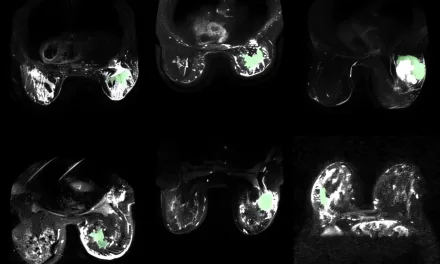With freezing temperatures and the possibility of sleet, snow, or cold rainfall forecasted for Friday in metro Atlanta, residents are urged to take extra precautions as they face weather conditions that are less common in the region. While winter storms can be particularly dangerous, it’s important to remember that hypothermia can strike before you even realize it—and it can happen even without life-threatening cold.
The Mayo Clinic warns that people dying from the cold often fail to recognize the warning signs of hypothermia. According to experts, the combination of cold and moisture can have a devastating impact, leading to a rapid loss of body heat and causing the core temperature to drop dangerously low.
Dr. Daniel Wu, Grady Health System’s Chief of Emergency Medicine, explains that it’s not just frigid winter nights that pose a risk. “You can be just fine, properly bundled up against dry, deeply freezing weather,” Wu says, “Or you could be outside in shorts in the springtime, and it goes to 60, 50, 40 degrees, and you could die from hypothermia in those settings.”
As the storm rolls in, Dr. Wu predicts that hypothermia cases, along with worsening illnesses due to the cold, will likely increase. When temperatures drop to 95°F (35°C) or lower, the body begins to lose heat faster than it can replace it, leading to hypothermia. Each year, around 1,500 Americans die from cold-related causes, underlining the seriousness of this threat.
Key Signs of Hypothermia
The first sign of hypothermia is often uncontrollable shivering, along with rapid breathing and numbness. These symptoms can be addressed by warming the individual up with dry, warm clothes. However, as hypothermia progresses, the situation becomes far more urgent. Dr. Wu highlights the signs of severe hypothermia, including:
- Shivering stopping completely
- Slow, shallow breathing
- A weak or irregular pulse
- Confusion or memory loss
- Slurred speech or mumbling
- Clumsiness, lack of coordination
- Drowsiness or low energy
- Loss of consciousness
In infants, the signs may include bright red, cold skin. If someone loses consciousness or their symptoms worsen, it is crucial to call emergency services immediately.
Alcohol and Other Risks
Alcohol use can significantly increase the risk of hypothermia. While it might give the feeling of warmth, alcohol actually dilates blood vessels, which makes it harder for the body to retain heat. This, combined with the numbing effects on the mind, can lead to dangerous underestimations of the body’s condition.
Those Most Vulnerable
The elderly and infants are particularly at risk during extreme cold, and anyone living without shelter should seek refuge in a warming center as soon as possible. Dr. Wu urges people to remember that staying dry is key: “One of the things that makes people lose heat very quickly is having cold clothing or wet clothing,” he says.
With dangerously low temperatures approaching, it’s crucial to stay informed and prepared. Keep a close eye on vulnerable loved ones, and if you feel yourself or someone else beginning to exhibit symptoms of hypothermia, act quickly to prevent further harm.












